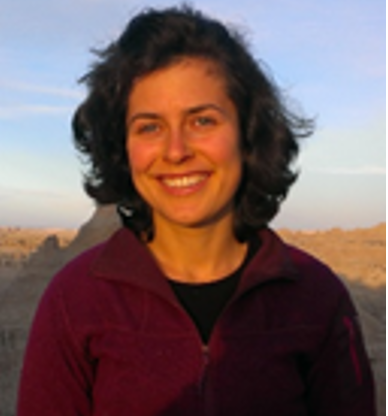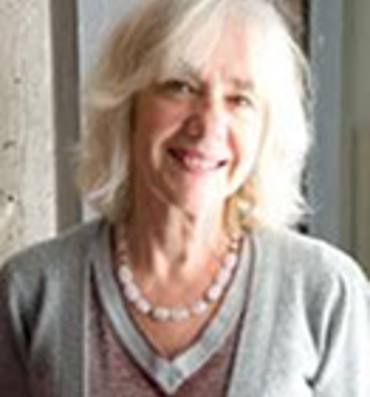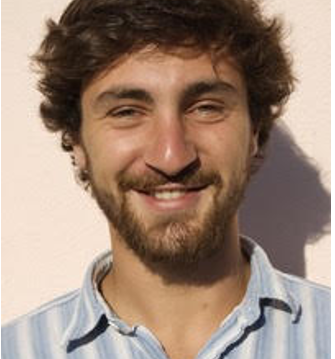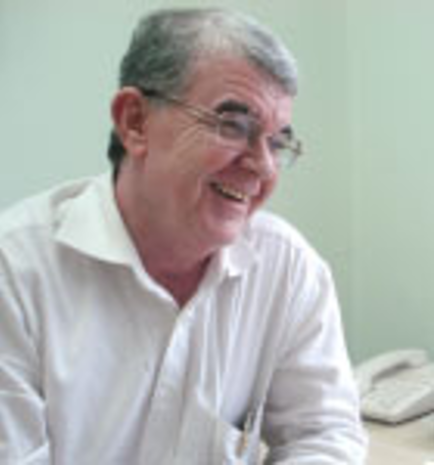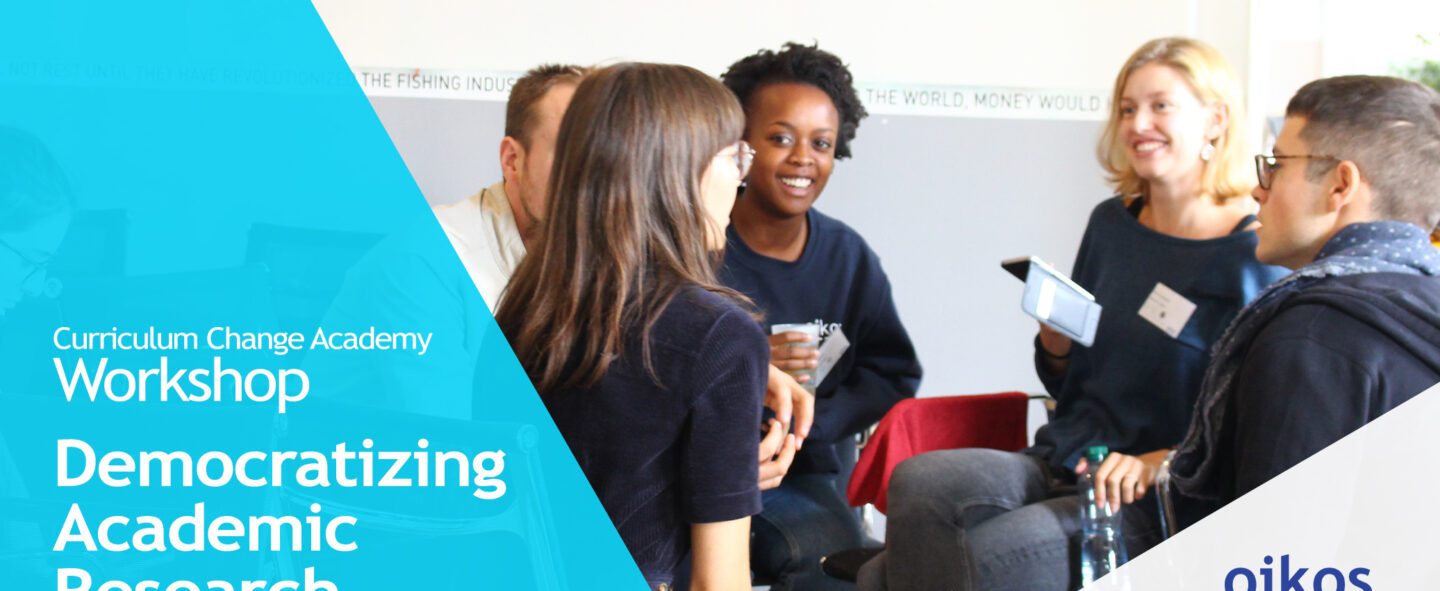
This workshop is all about developing ideas on how to democratize academic research on sustainability. We want to open a space for dialogue and cooperation between social movements and members of academia in order to discuss how different actors’ perspectives can be included in the academic research process. Against the backdrop of multiple environmental, social, and political crises, we want to understand what the democratic turn in academia can entail and what shape it can take.
We want to build a community at the intersections of activism and academia, that is committed to challenging the orthodoxy of academic research. This workshop is the starting point of a series of events and activities – making the democratization of academic research a reality. This event is organized by oikos International, and supported by Swissnex in Brazil.
Agenda of the workshop
Panel Discussion: Democratizing Academic Research
- 10:00am – Four speakers will share their perspectives on different phases of academic research and how a more democratic research process in each case might look like. The session will include speaker presentations and Q&A.
Break
- 11:15am – A small break before we go into the specific sessions participants will choose to engage
Breakout sessions
- 11:30am – Choose the session that represents your objectives in this webinar
Group 1) Building a blog – creating a knowledge base:
- 11:30am – Participants in this session will discuss concrete ideas on how to develop a knowledge base on the democratization of academic research, how to open new spaces for discussion and multiply the effects of the workshop and other events. Can a blog aid the process? If yes, how would it look like and what content would be published?
Group 2) Bringing participatory methods into research:
- 11:30am – Participants will discuss where in the research process participatory methods can be used and how they can be applied.
Group 3) Open Session:
- 11:30am – Participants are also welcome to discuss a concrete topic based on the input from panelists or raise a new topic that they consider vital in the process.
iCal / Outlook
Event start time
-
Boston and New York
8:00AM -
Brazil
10:00AM -
China
9:00PM -
India
6:30PM -
San Francisco
5:00AM -
Switzerland
2:00PM -
Geneva
2:00PM -
Brazil
10:00AM
Join us
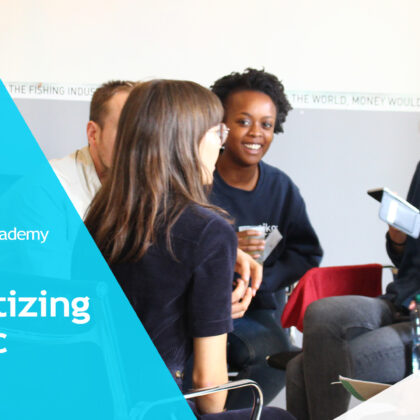
Speakers
-
![]()
Bio
Madeline Donald
PhD studentMadeline Donald is a PhD student at the Faculty of Creative and Critical Studies at UBC Okanagan. Her research focuses on sustainability through the concept of attention. She is interested in the mechanisms through which attending to possibilities in our environments can bring human people closer to living in right relation with the lands/waters that give us life.
-
![]()
Bio
Marguerite Mendell
School of Community and Public Affairs - Concordia UniversityMaguerite Mendell, who earned her PhD in Economics from McGill University (1983), has been teaching at the School of Community and Public Affairs at Concordia University since 1986. Her current research and teaching are on the social economy in Quebec and internationally, social finance and impact investing, social innovation, the commons, economic democracy, and the work of Karl Polanyi whose influence continues to grow today. Marguerite Mendell is participating in a growing international dialogue on innovative economic initiatives as well as in numerous local associations and initiatives linked to social economy in Quebec.
-
![]()
Bio
Lorenzo Velotti
PhD studentLorenzo is a PhD candidate of Political Science and Sociology at the Scuola Normale Superiore di Pisa and a member of the Centre on Social Movement Studies (COSMOS). Committed to public engagement and political activism, he has been involved in multiple struggles for social and ecological justice. Recently, he organized decolonial and antiracist campaigns both in the university and with the climate justice organization Extinction Rebellion, where he focused on internationalist solidarity with indigenous peoples.
-
![]()
Bio
José Eustáquio Romão
Universidade Nove de Julho & Federal University of Juiz de ForaJosé Eustáquio Romão holds a PhD in History from USP in History of Brazil and Educational Administration. He has extensive experiences in school administration and academic experiences notably as a professor at the Universidade Nove de Julho and the dean of teaching and research at the Federal University of Juiz de Fora. He is the author of several books, including: Local power and education (1992); Dialogic evaluation (1998); Dialectic of difference (2000); Dialogical pedagogy (2002).
